By Poh Yu Khing, sport psychologist
Walt Disney once said, "If you can dream it, you can do it. This whole thing was started by a mouse!" We all have dreams. What is your dream? Do you want to make your dreams come true?
Many people dream of success, of achieving excellence, but only a few people get down to planning how they want to achieve it. This is the fundamental power of goal setting - to help turn your dreams into realities.
Whatever your dreams are as a student athlete, you have the power within you to make them come true. Remember that your mind is your most powerful resource, and you get that power by first starting to focus it on a clear purpose and clear goals. If you want to succeed, then start today with proper goal-setting.
Basic formula for turning dreams into reality
Step 1: Determine your dream or ultimate goal. Write down your long-term goals, and work backwards and set your mid-term, to short-term goals. Write them down.
Step 2: Breakdown your goal into manageable parts. Examine where you are today, your strengths and weaknesses, and what you need to get better at to achieve your goals.
Step 3: Determine what daily actions must be taken and worked on in order to reach the goals then focus on executing those daily actions! Get feedback along the way to see if you are on the right track.
Write down your goals!
The above sounds easy enough? Well, most people might have goals and new year resolutions, but very few even take the first step of writing them down. If we can't even get down to writing down our goals, it is unlikely that we will take all the other forms of action necessary to reach them.
If you want to commit to your goals, you need to put pen to paper. Write them down. Think through them and outline them clearly. Write down your dreams, write down your goals, and paste it somewhere obvious to keep you reminded. Make it known to others that this is what you want to achieve.
Michael Johnson, world record holder in 200m and 400m track running, says that by writing down your goals “this makes it formal and gives notice to yourself and others that work has officially begun. It keeps your goals clear and in focus.”
By writing down your goals, you not only commit yourself to it, but you also constantly give yourself a clear picture of what you want to achieve. Also, by making your goals known to others, you can start to get their support along the way. When I was in Secondary 1, I told my coach that I wanted to make it to national badminton team. He supported me, and after 4 years of hard work, I did make it.
Setting your long-term to short-term goals
Right now, think of what you want to achieve in sport or any other area of life. Print out the attached worksheet and write down you long-term, mid-term and short-term goals.
The first step in implementing goal-setting is to think about your long-term goals. What is your passion? What do you personally dream of achieving? This dream or goal must be personal and yours to own. Ask yourself this question: "If you knew you could not fail, what would you dream of achieving?"
But don't just dream. Write it down! Print out the worksheet below and start to turn your dreams into goals. Once you have your long-term goals, then you can start to write down mid-term and short-term goals. These are goals that will help you build up to the long-term goal. So for example, if you dream of representing the country one day, then you need to write that down clearly. A mid-term goal could be to make it to the national youth team, and a short-term goal could be to excel in the national schools competition this year and next year to get selected. Start today to turn your dreams into goals, and into reality.
Yu Khing holds an Honours Degree in Psychology and a Masters in Sport Psychology. He worked as a sport psychologist for several years before becoming the Head of the Singapore Sports Council’s Sport Psychology Unit from 2005 to 2007. Yu Khing has worked with numerous national elite athletes and coaches in the area of mental training and preparation for peak performance during competition, and has also accompanied the Team Singapore contingents to major events like the SEA Games and Asian Games to provide on-site sport psychology support.

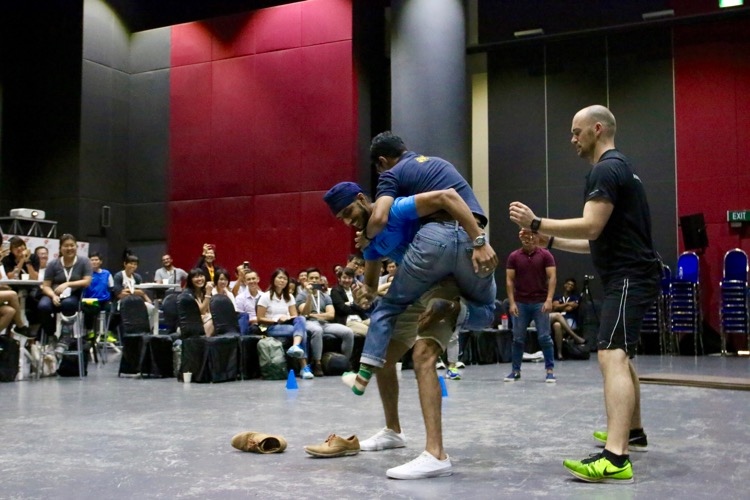

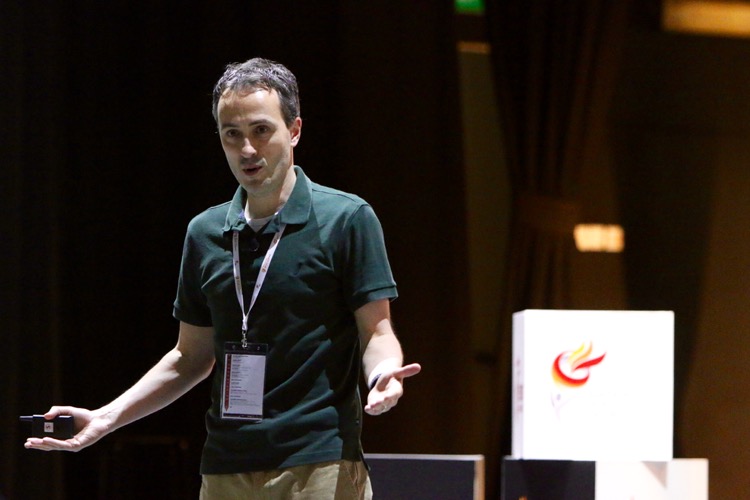
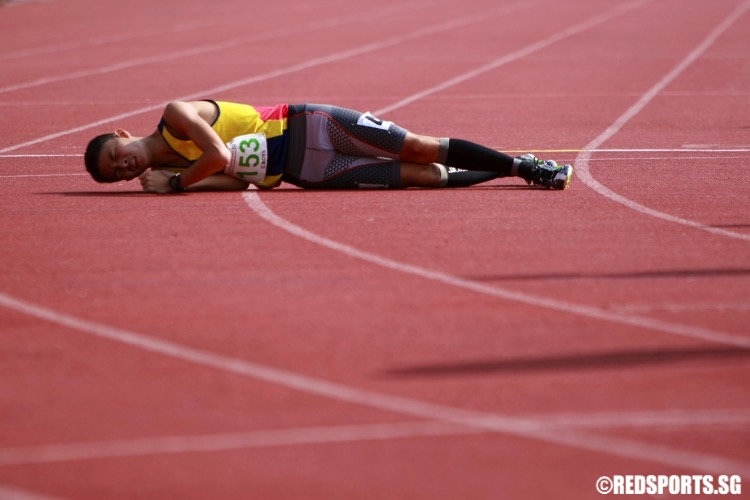
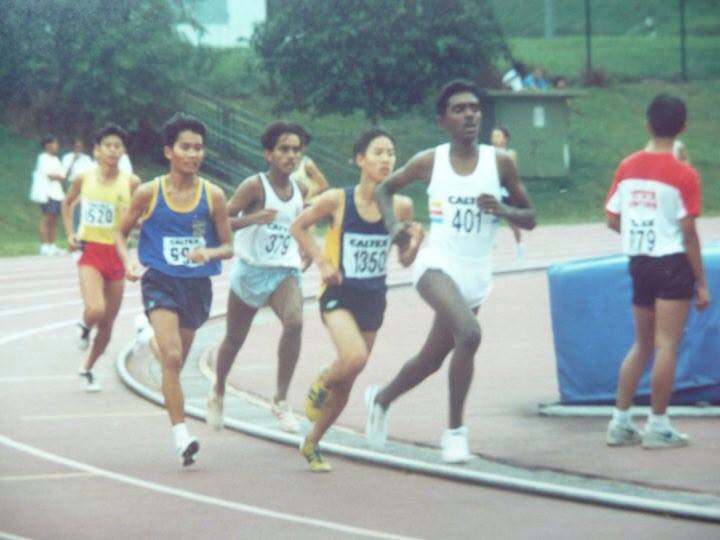
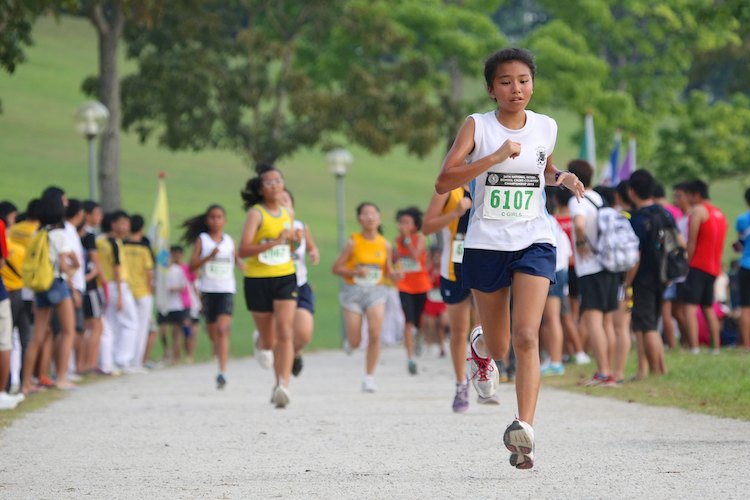
[…] In the last article, we looked at how writing down your goals is the first step towards turning your dreams into reality. Let’s explore the next step of goal-setting which is about outcome, performance and process goals. […]